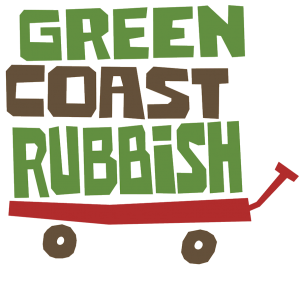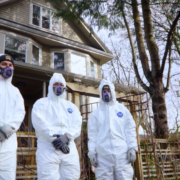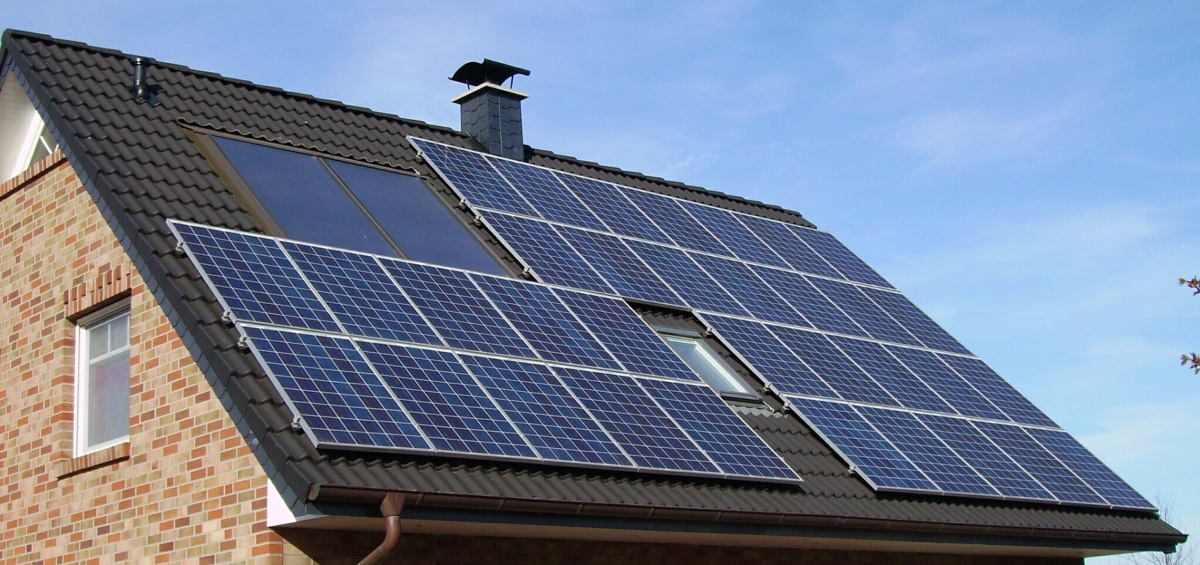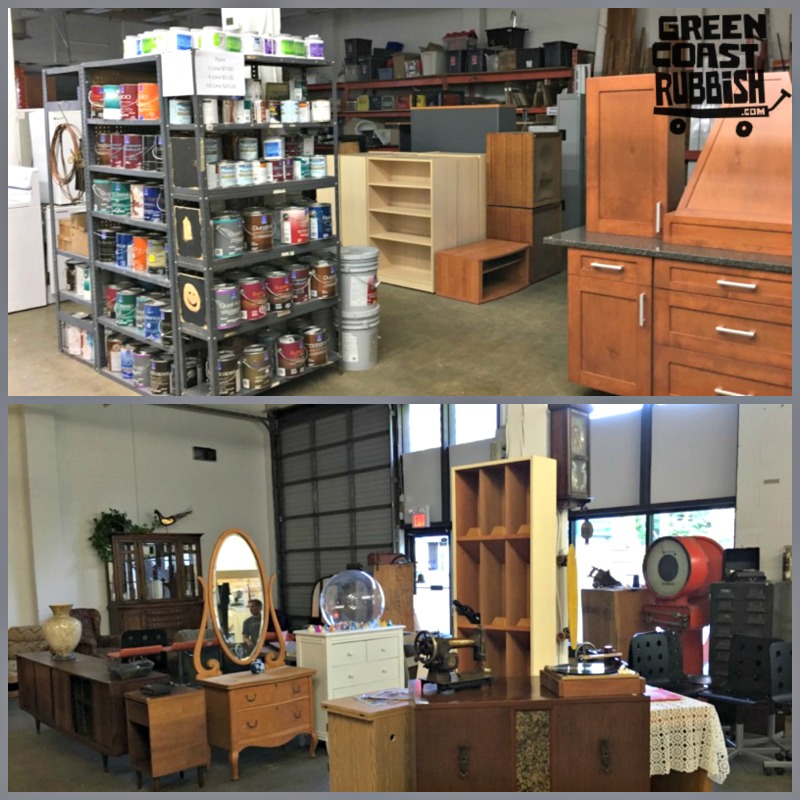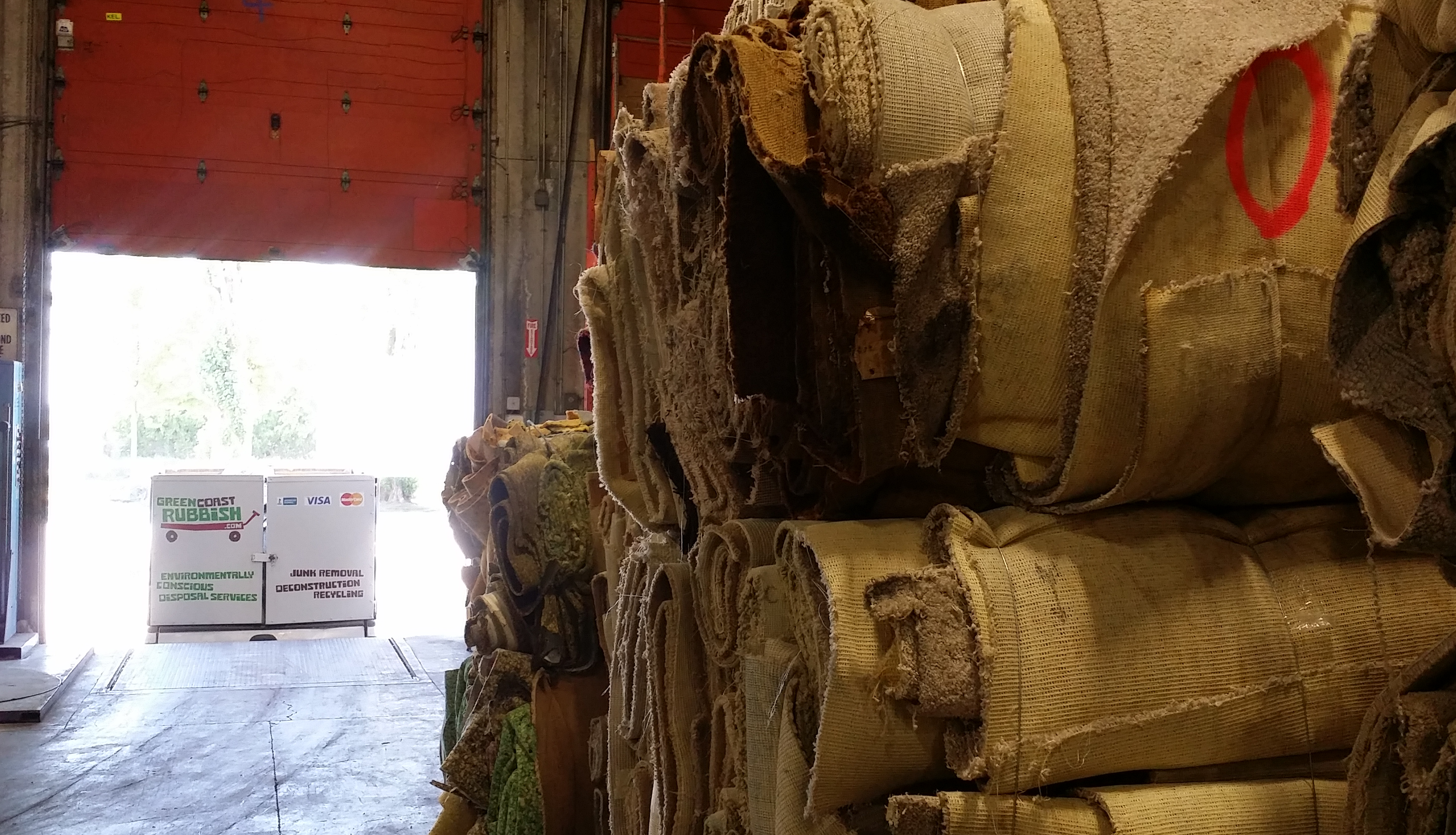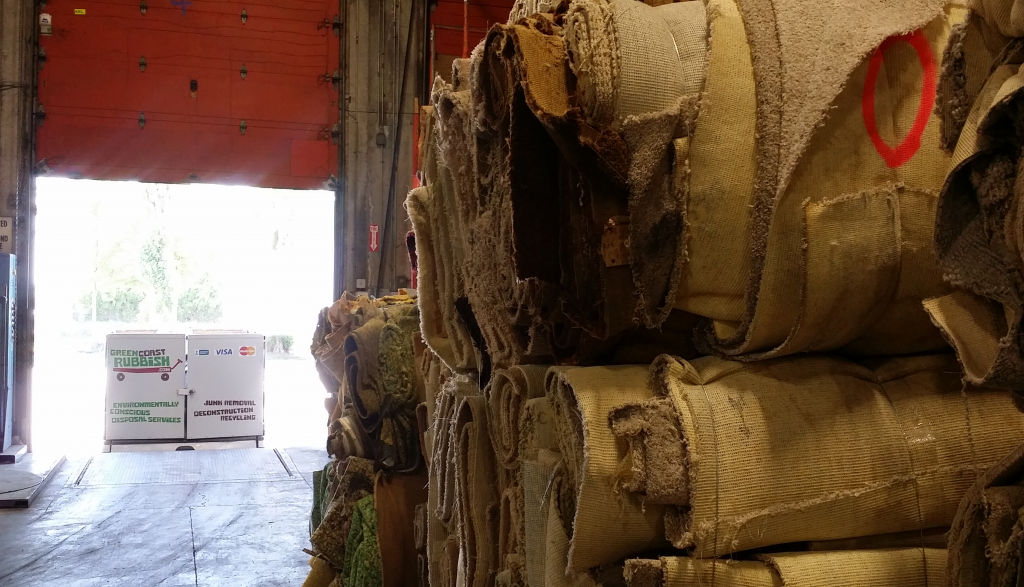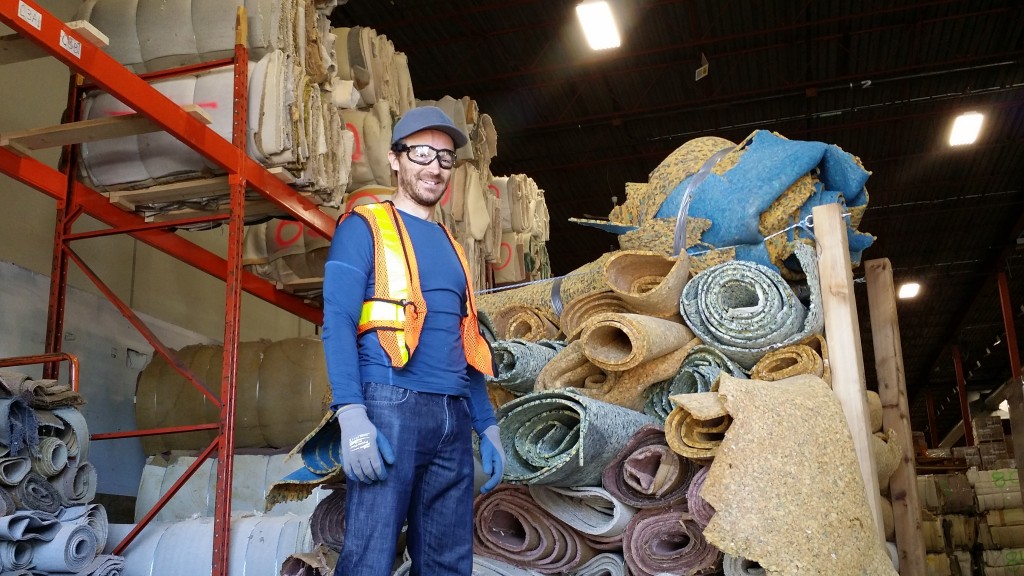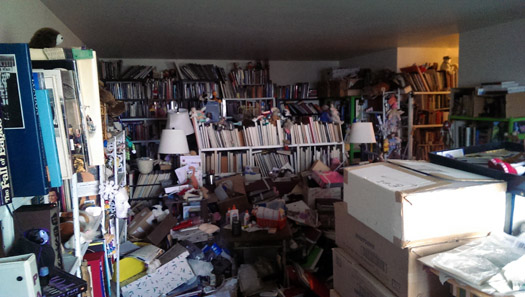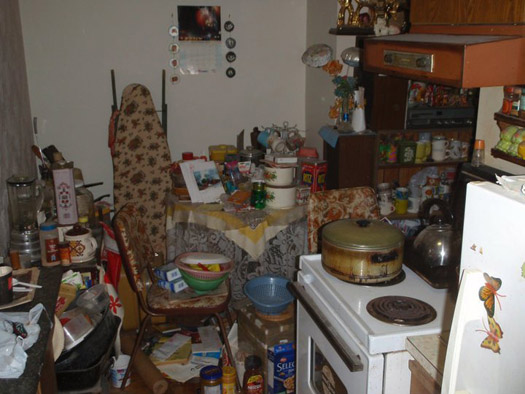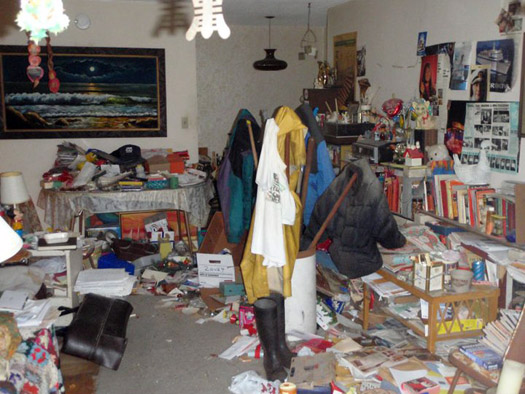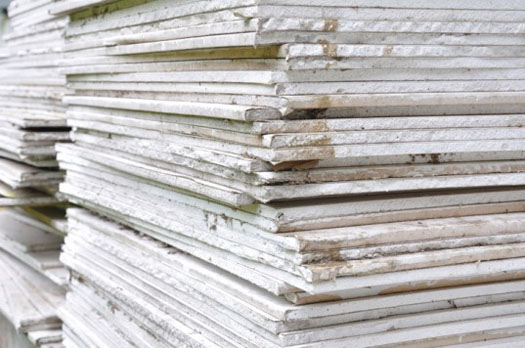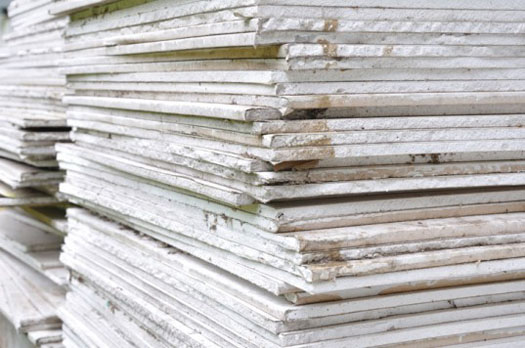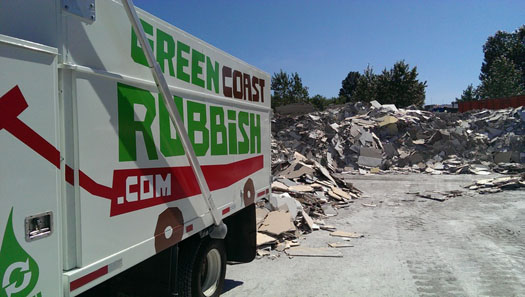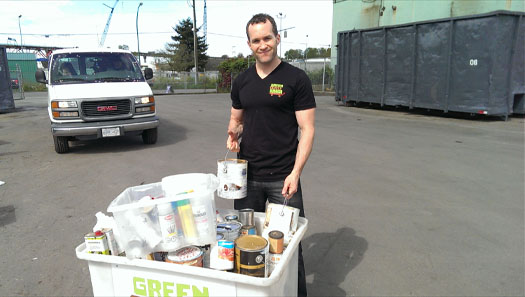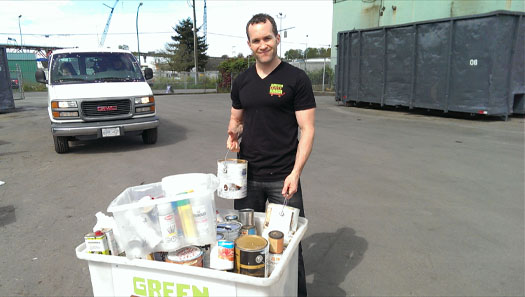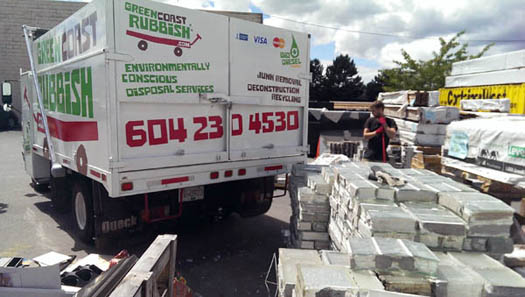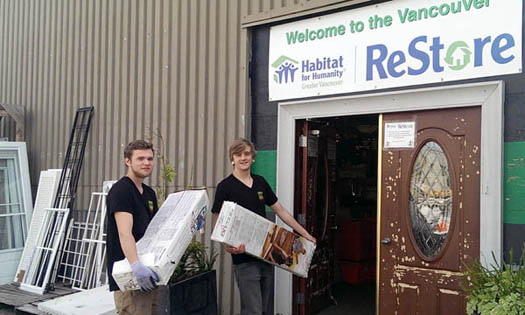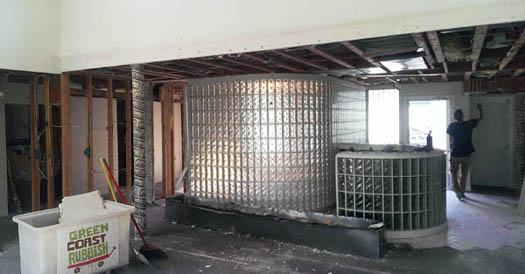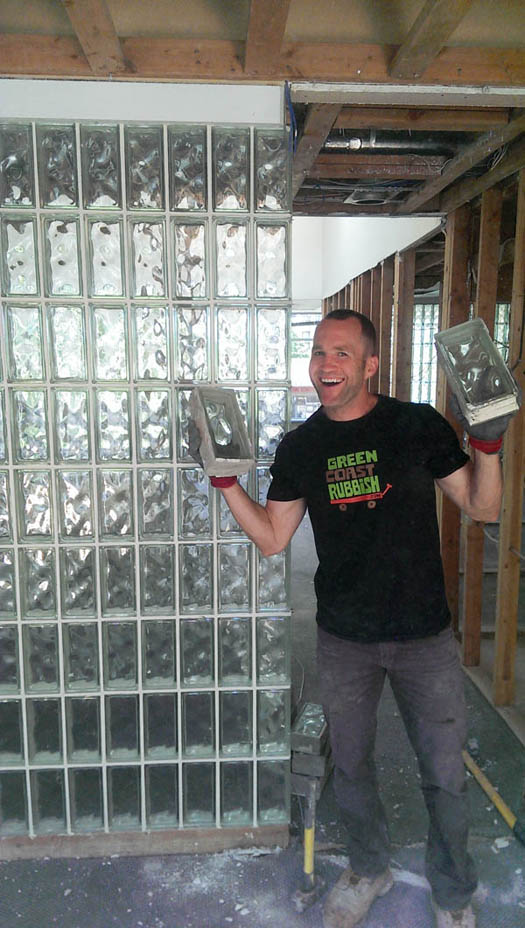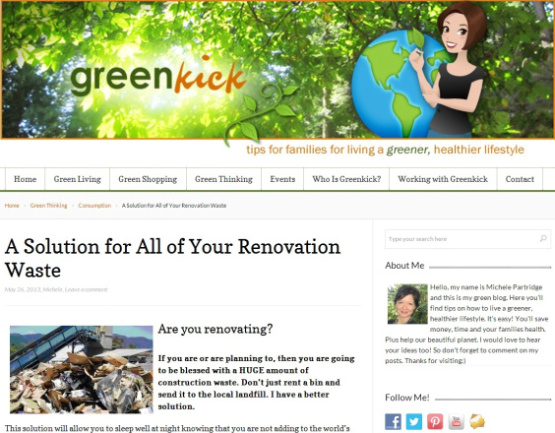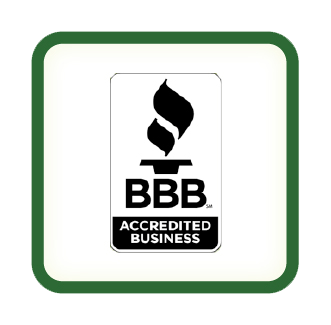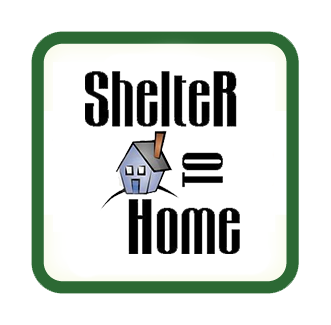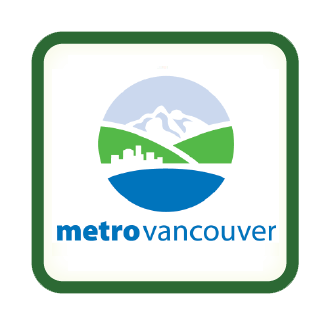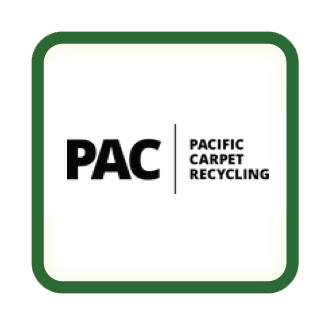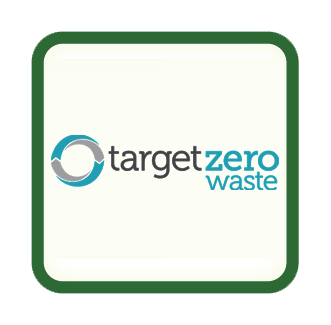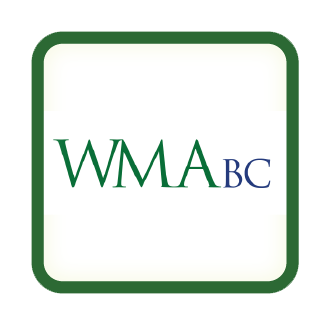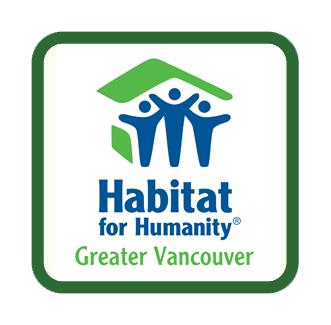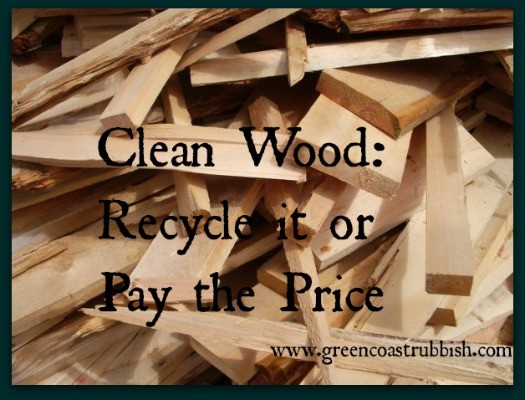
As Metro Vancouver moves toward the goal of recycling 80% of the region’s waste by 2020, new rules are being implemented to divert green waste from the garbage including the organics disposal ban we talked about last week as well as a new clean wood disposal ban effective January 1, 2015.
What is Clean Wood?
For the purposes of the ban, clean wood includes solid wood, lumber and pallets that are unpainted, unstained, untreated and glue free. It’s okay if the wood contains nails, screws, staples or other metal fasteners.
Important Dates and Phases
The first 6 months of the ban -January 1 to June 30, 2015 – will focus on educating customers at all regional facilities including transfer stations and landfills about the clean wood disposal ban. As of July 1, 2015, loads of garbage containing over 10% clean wood will be subject to a 50% surcharge.
Recycle it or Pay the Price
You’ll save money and the environment by recycling clean wood:
1. Recycled clean wood can be used for composting, landscaping mulch or alternative industrial fuel.
2. The fee to recycle clean wood at a Metro Vancouver facility costs less than the garbage disposal fee, not to mention having to pay the price of the 50% surcharges as of July 1.
Why we Like It
Green Coast Rubbish is fully on board with the ban and is already recycling clean wood products as part of its every day operations. In 2013, Green Coast Rubbish composted 30.39 tonnes of clean wood and organic material.
Eamonn Duignan, President of Green Coast Rubbish explains, “It is encouraging to see clean wood being banned from Metro Vancouver facilities, especially when this material can be easily be composted or recycled. As material recovery options increase and become more economical viable within our region, we hope to see an outright ban of all wood products in the not so distant future.”
Who to Contact
For more information on the clean wood disposal ban, call the Recycling Council of BC’s Recycling Hotline at 604-RECYCLE (604-732-9253) or contact your local municipality.
